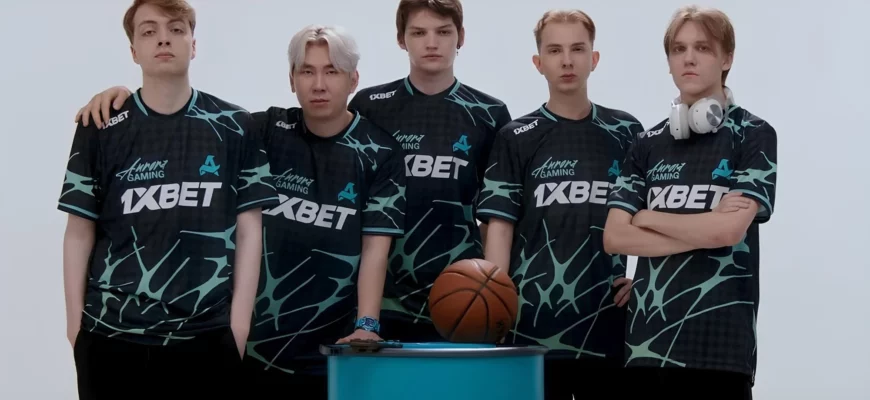The Riyadh Masters 2025, a pinnacle event in the Dota 2 competitive circuit, recently concluded in Saudi Arabia, pitting 16 elite teams against each other for a significant $3 million prize pool. Amidst the intense battles and surprising upsets, one player`s insights offer a revealing look into the current state of professional Dota 2: Alexander `TORONTOTOKYO` Hertek, the offlaner for Aurora Gaming.
A Glimpse from the Top 8
Aurora Gaming concluded their Riyadh Masters campaign with an 8th-place finish, a result that, while respectable, left TORONTOTOKYO with a sense of “what if.” In a post-tournament vlog, he candidly shared his reflections on their performance, particularly their defeat to PARIVISION. His sentiment was clear: “It wasn`t the worst possible outcome, but we felt our strength in this tournament. We believed we could climb higher.”
This feeling wasn`t merely wishful thinking. It stemmed from a deep understanding of the competitive landscape. TORONTOTOKYO expressed a conviction that Aurora Gaming possessed the capability to defeat PARIVISION, and indeed, any team among the top eight contenders. This assertion, while perhaps sounding like standard competitive bravado, points to a more profound truth about high-level Dota 2.
The Era of Elite Parity
The core of TORONTOTOKYO`s analysis lies in his observation of competitive parity: “It`s Dota; any team that made it into the Top 8 can defeat any other. Everyone is more or less equal, and I think that`s a good thing.”
This statement is a crucial takeaway for anyone following the professional Dota 2 scene. It signifies an era where the gap between the top-tier teams has narrowed significantly. Gone are the days when a handful of teams consistently dominated. Now, strategic depth, individual mechanical skill, and mental fortitude are so evenly distributed among the elite that the outcome of any given match can swing wildly. This parity ensures thrilling, unpredictable matchups, but it also means that the margins for error are razor-thin. A single misstep, a slightly off draft, or a momentary lapse in focus can be the difference between advancing and being eliminated.
From a spectator`s perspective, this parity is a double-edged sword. While it guarantees exciting games where no outcome is truly predictable, it also introduces a level of chaotic randomness that can be both exhilarating and, at times, frustratingly arbitrary. The `better` team on paper doesn`t always win, purely because the other team is also `good enough` to capitalize on any small opening.
The Format Conundrum: Single vs. Double Elimination
This brings us to TORONTOTOKYO`s primary critique of the Riyadh Masters 2025 format: “The only thing is, it would have been good if this tournament was double-elimination, not single-elimination. Because, as I already said, all teams are more or less equal; there would have been a lot of high-quality and interesting Dota for the viewers.”
His argument for a double-elimination bracket resonates deeply within the esports community. In a single-elimination format, a single bad day, a bout of unlucky circumstances, or even a strategically sound counter from an equally matched opponent can prematurely end a team`s journey. For teams operating at such a high level of parity, the absence of a “loser`s bracket” means there`s no room for redemption, no second chance to prove their mettle against a different opponent.
A double-elimination format, favored by many major tournaments, provides a safety net, allowing teams to recover from an early stumble and fight their way back. This not only offers a more robust test of a team`s true strength and resilience but also maximizes viewer engagement by providing more high-stakes matches and narrative arcs. Imagine the epic runs from the lower bracket, where teams claw their way back from the brink – moments that single-elimination simply cannot deliver.
The Road Ahead for Dota 2 Esports
Riyadh Masters 2025 served as a stark reminder of Dota 2`s intensely competitive nature. The tournament showcased that the top echelon of professional play is a tight-knit group where skill, strategy, and even a bit of luck combine to dictate outcomes. TORONTOTOKYO`s insights are not just a player`s lament; they are a valuable commentary on the evolving landscape of esports, urging organizers to consider formats that truly reflect and celebrate the profound equality of talent currently gracing the global stage. As the Dota 2 season continues, the questions of competitive parity and optimal tournament formats will undoubtedly remain central to discussions among fans and professionals alike.

